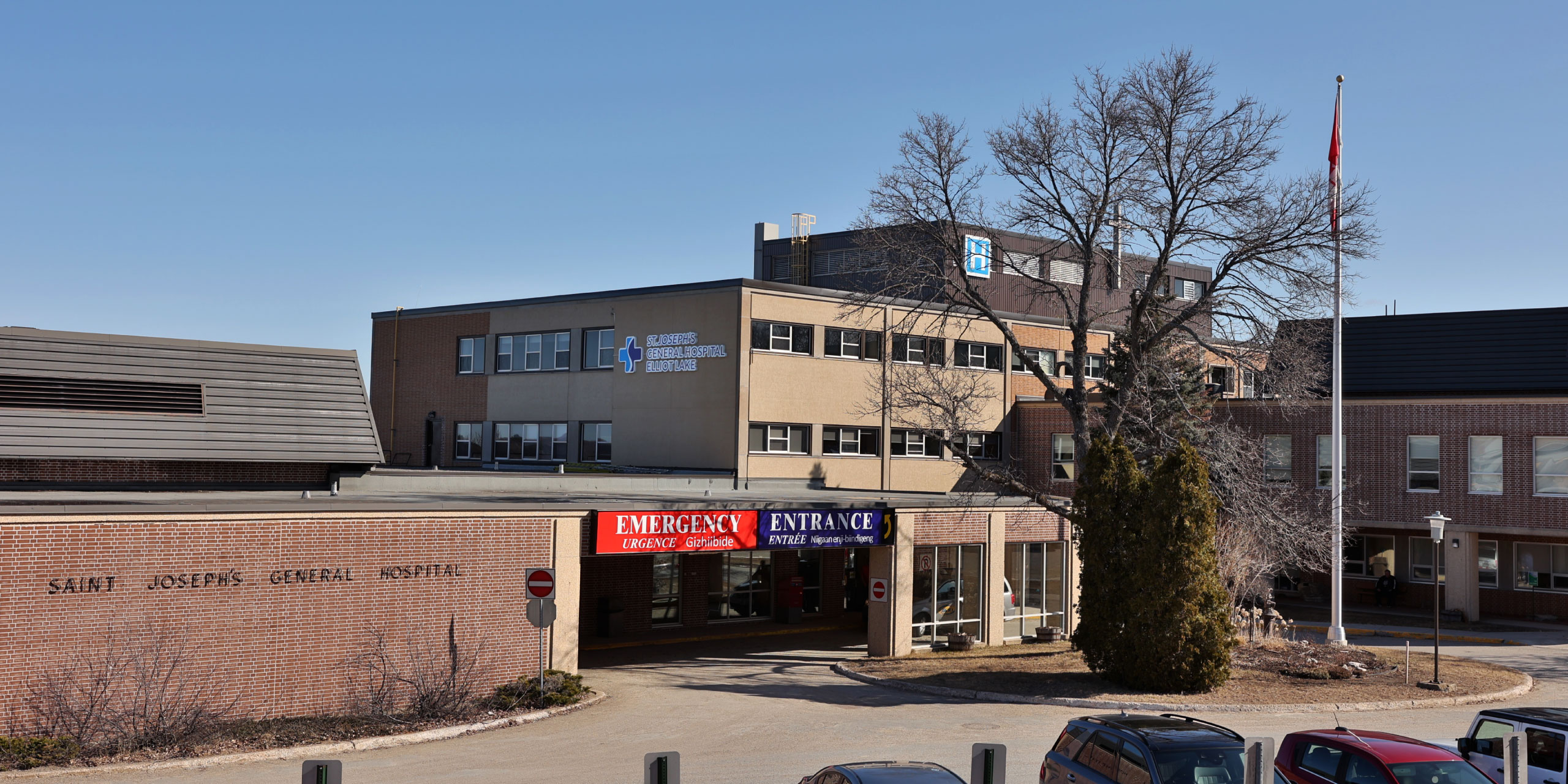
Symptoms of a Heart Attack
Symptoms of a Heart Attack vary. Some people have mild symptoms, while others have severe symptoms, and some people have no symptoms.
Common symptoms include:
- chest pain that may feel like pressure, tightness, pain, squeezing or aching,
- pain or discomfort that spreads to the shoulder, arm, back, neck, jaw, teeth or sometimes the upper belly,
- cold sweats,
- fatigue,
- heartburn or indigestion,
- light-headedness or sudden dizziness,
- nausea,
- shortness of breath.
Women may have atypical symptoms such as brief or sharp pain felt in the neck, arm or back.
Some Heart Attacks strike suddenly but many people have warning signs and symptoms hours, days, or weeks in advance. Chest pain or pressure (angina) that keeps happening and doesn't go away with rest may be an early warning sign. Angina is caused by a temporary decrease in blood flow to the heart.
What To Do If You See Someone Who Might Be Having A Heart Attack
If someone is unconscious and you think they're having a Heart Attack, first call 911. Then check if the person is breathing and has a pulse. If the person isn't breathing or you don't find a pulse, only then should you begin CPR.
For more information on becoming trained in First Aid and CPR:
Phone: 1-877-356-3226
Phone: 1-888-840-5646
Causes of a Heart Attack
Coronary artery disease causes most Heart Attacks. In coronary artery disease, one or more of the heart (coronary) arteries are blocked. This is usually due to cholesterol-containing deposits called plaques. Plaques can narrow the arteries, reducing blood flow to the heart. If a plaque breaks open, it can cause a blood clot in the heart.
A Heart Attack may be caused by a complete or partial blockage of a heart (coronary) artery. One way to classify heart attacks is whether an electrocardiogram (ECG or EKG) shows some specific changes (ST elevation) that require emergency invasive treatment. Your Doctor or Primary Healthcare Provider may use ECG results to describe these types of Heart Attacks.
Not all heart attacks are caused by blocked arteries.
Other causes include:
- coronary artery spasm,
- certain infections,
- spontaneous coronary artery dissection (SCAD).
Diagnosis of a Heart Attack
Ideally, your Doctor or Primary Healthcare Provider should screen you during regular checkups for risk factors that can lead to a Heart Attack.
A Heart Attack is often diagnosed in an emergency setting. If you've had or are having a Heart Attack, care providers will take immediate steps to treat your condition. If you're able to answer questions, you may be asked about your symptoms and medical history.
Diagnosis of a Heart Attack includes checking blood pressure, pulse, and temperature. Tests are done to see how the heart is beating and to check overall heart health.
Tests to diagnose a Heart Attack include:
- electrocardiogram (ECG or EKG),
- blood tests,
- chest X-ray,
- echocardiogram,
- coronary catheterization (angiogram),
- cardiac CT or MRI.
Risk Factors
- Age,
- Tobacco use and exposure to second-hand smoke,
- High blood pressure,
- High cholesterol or triglycerides,
- Obesity,
- Diabetes,
- Metabolic syndrome,
- Family health history,
- Exercise,
- Unhealthy diet,
- Stress,
- Drug use,
- A history of preeclampsia,
- An autoimmune condition.
Complications
- Irregular or atypical heart rhythms (arrhythmias),
- Cardiogenic shock,
- Heart failure,
- Inflammation of the saclike tissue surrounding the heart (pericarditis),
- Cardiac arrest.
Prevention
It's never too late to take steps to prevent a Heart Attack, even if you've already had one.
- Follow a healthy lifestyle. Don't smoke. Maintain a healthy weight with a heart-healthy diet. Get regular exercise and manage stress.
- Manage other health conditions. Certain conditions, such as high blood pressure and Diabetes, can increase the risk of a Heart Attack. Ask your Doctor or Primary Healthcare Provider how often you need checkups.
- Take medications as directed. Your Doctor or Primary Healthcare Provider may prescribe medications to protect and improve your heart health.
Treatment After a Heart Attack
Medications
- Aspirin,
- Clot busters (thrombolytics or fibrinolytics),
- Other blood-thinning medications,
- Nitroglycerin,
- Morphine,
- Beta blockers,
- ACE inhibitors.
Surgery
If you've had a Heart Attack, a surgery or procedure may be done to open a blocked artery. Surgeries and procedures to treat a heart attack include coronary angioplasty and stenting and coronary artery bypass surgery (CABG).
Cardiac Rehabilitation
Cardiac Rehabilitation is a personalized exercise and education program that teaches ways to improve heart health after heart surgery. It focuses on exercise, a heart-healthy diet, stress management and a gradual return to usual activities.
People who attend cardiac rehab after a Heart Attack generally live longer and are less likely to have another Heart Attack or complications from the Heart Attack. If cardiac rehab is not recommended during your Hospital stay, ask your Doctor or Primary Healthcare Provider for more information on this type of treatment.
For more information on local Cardiac Rehabilitation Programs:
Elliot Lake Family Health Team
31 Nova Scotia Walk, Elliot Lake P5A 1Z9
Phone: (705) 461-8882
Lifestyle and Home Remedies
Regular exercise helps improve heart health. As a general goal, aim for at least 30 minutes of moderate or vigorous physical activity five or more days a week. If you've had a heart attack or heart surgery, you may have activity restrictions. Ask your Doctor or Primary Healthcare Provider what's best for you.
Find more information and ideas on living an active lifestyle.
Avoid or limit foods with a lot of saturated fat, trans fats, salt and sugar. Choose whole grains, fruits, vegetables, and lean proteins, such as fish and beans.
Too much weight strains the heart. Being overweight increases the risk of high cholesterol, high blood pressure and diabetes.
Quitting smoking is the most important thing you can do to improve heart health. Also, avoid being around second-hand smoke. If you need to quit, ask your provider for help.
Find more information on how to quit smoking and smoking cessation.
if you choose to drink alcohol, do so in moderation. For healthy adults, that means up to one drink a day for women and up to two drinks a day for men.
some of the major risk factors for a heart attack such as high blood cholesterol, high blood pressure, and Diabetes don't cause early symptoms.
ask your Doctor or Primary Healthcare Provider how often you need to have your blood pressure, blood sugar and cholesterol levels checked.
find ways to help reduce emotional stress. Getting more exercise, practicing mindfulness, and connecting with others in support groups are some ways to ease stress.


